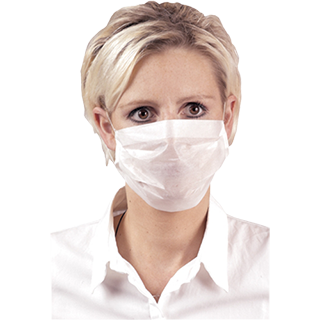Surgical masks against pollution and disease – yes or no?

One of the most common scenes during every story about viruses, bacteria and air pollution is the surgical masks on people's faces. Surgical masks have been in public use since the Spanish flu epidemic in 1919, when more than 50 million people were killed.
Dr David Carrington of the University of London tells the BBC that ‘ordinary surgical masks are not effective protection against airborne viruses or bacteria’ – which is the most common way of infecting the disease. This is because the masks are generally not sufficiently rigid and generally made of material, have no air filters and the eyes are exposed to external influences. However, masks can help protect against contagion through sneezing or coughing, as well as transferring bacteria from dirty hands, as hands often come in contact with the face.
The British National Health Service has tips to avoid viruses: -wash your hands regularly with warm water and soap -avoid touching the eyes and nose whenever possible -lead a healthy life (consume lots of water as well as healthy foods)
To be effective, masks must be worn appropriately, often changed and disposed of appropriately. According to research, to protect against viruses, proper hygiene of the whole body must be performed!



